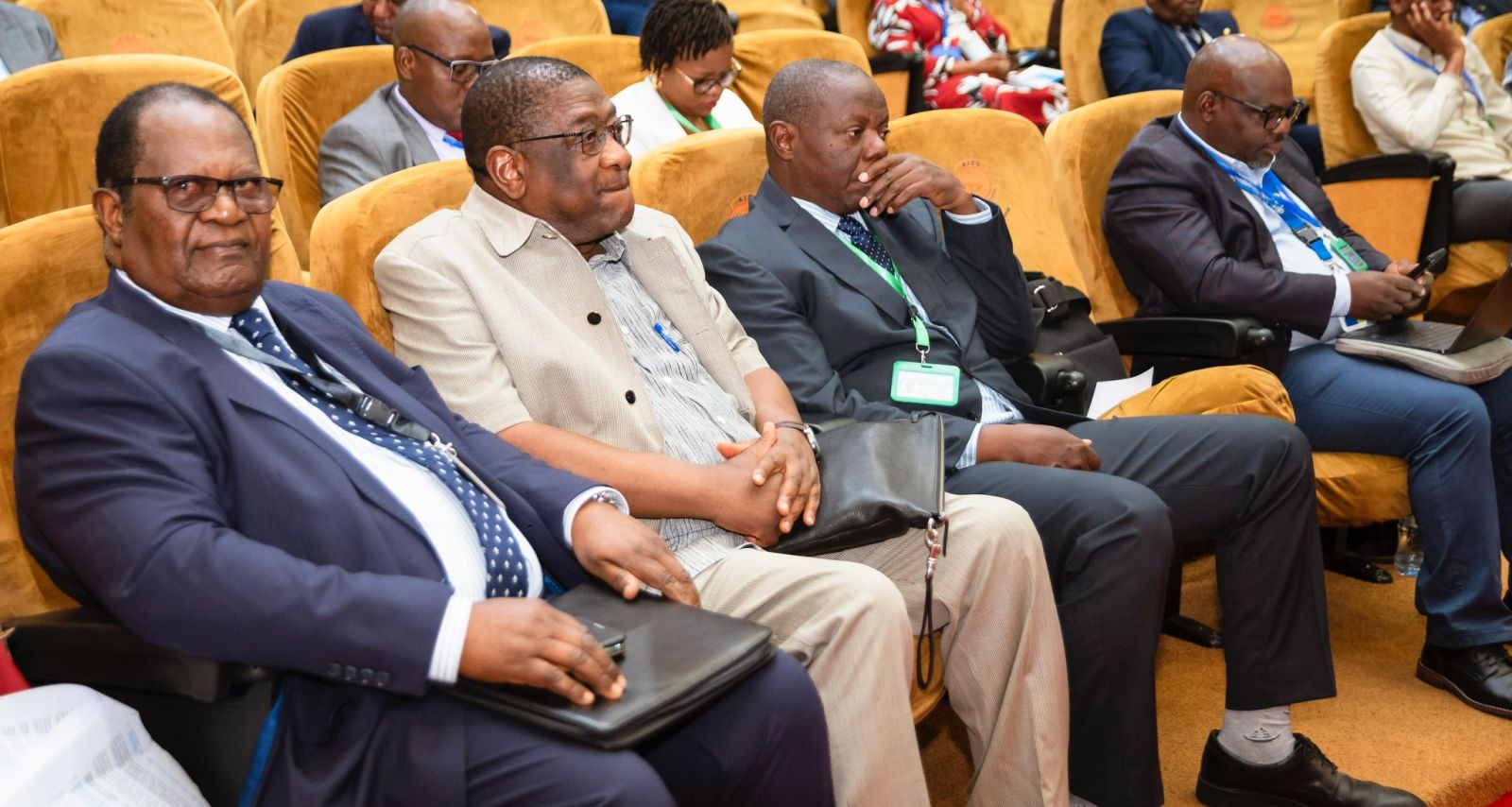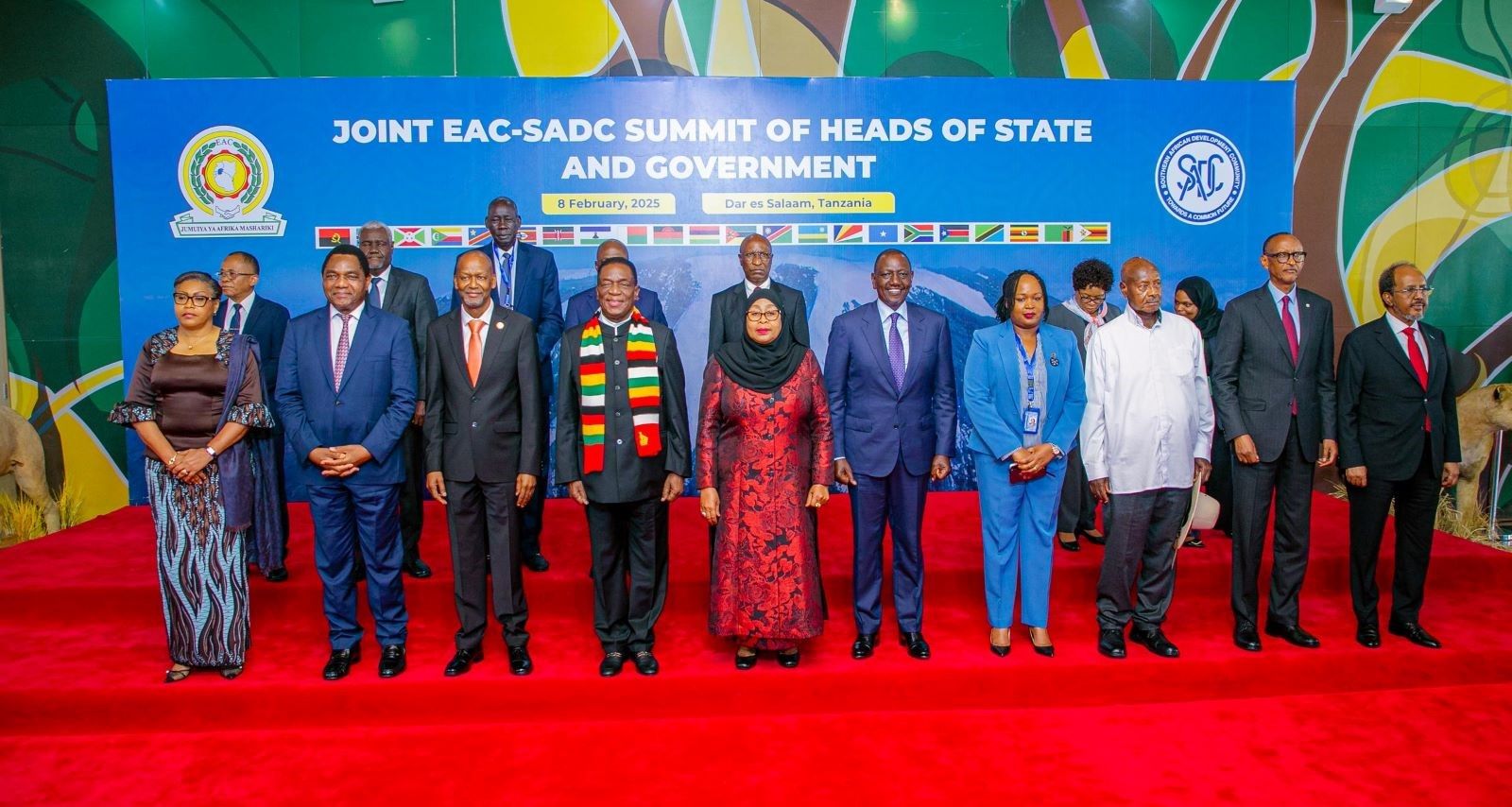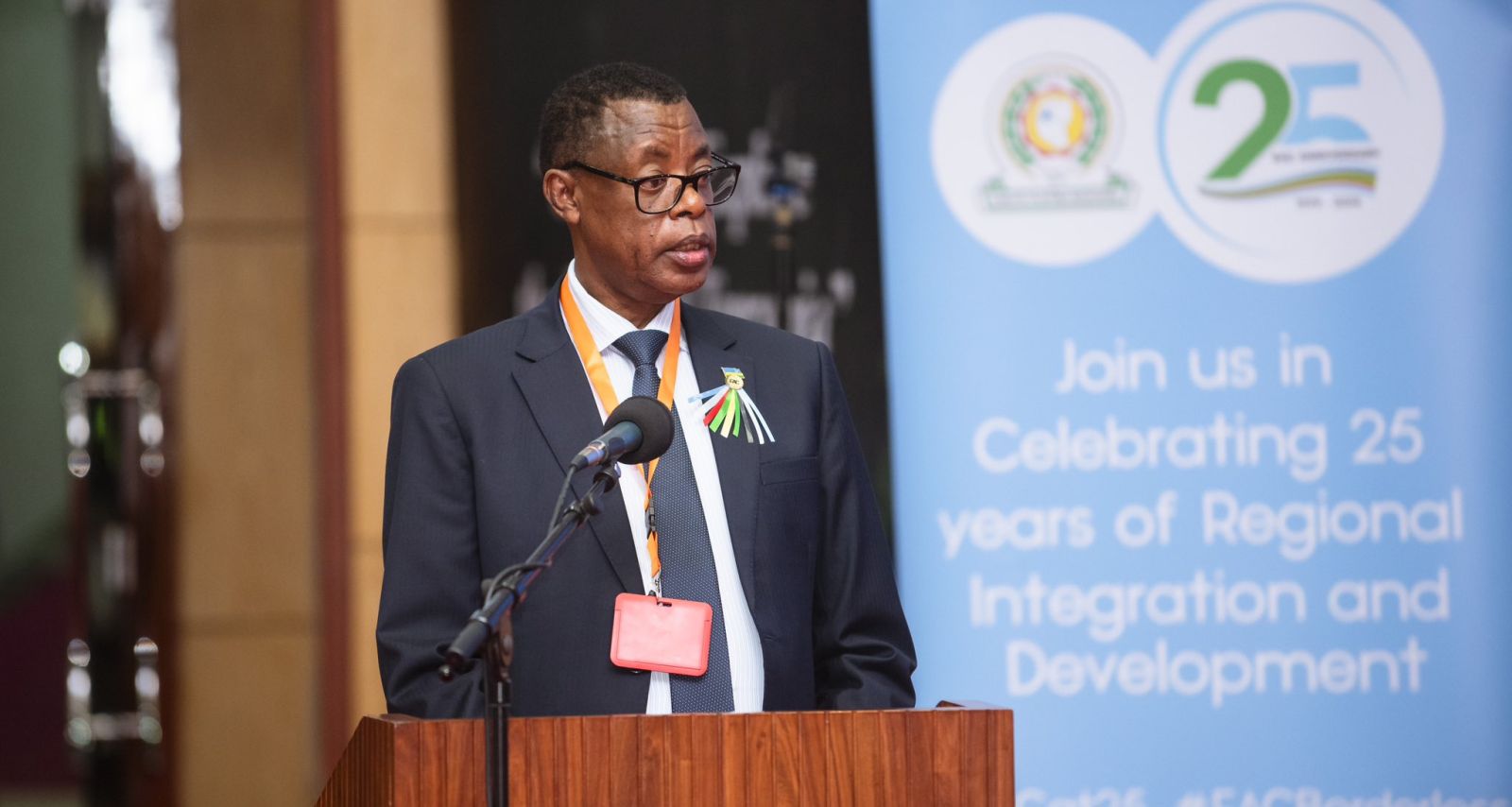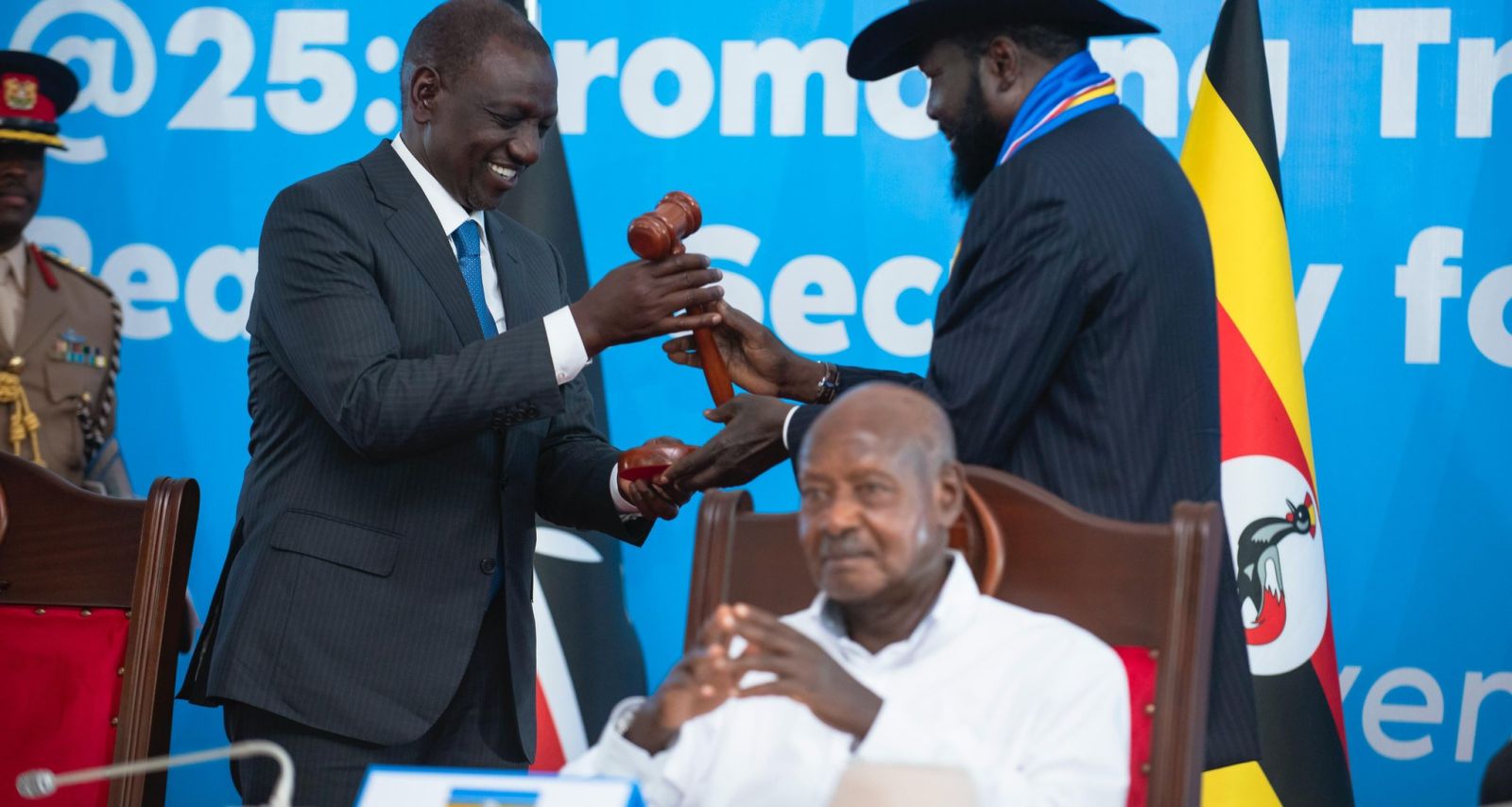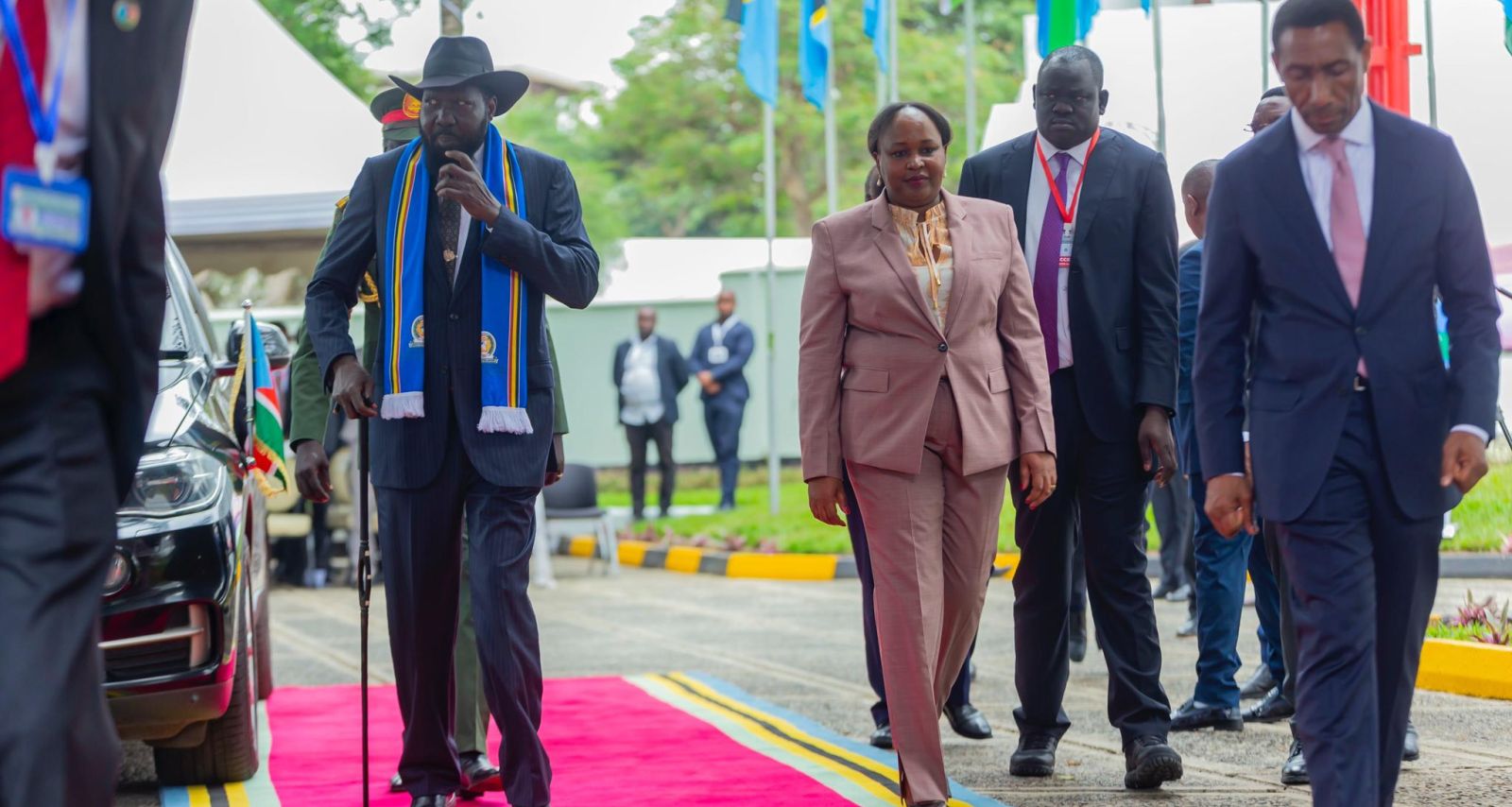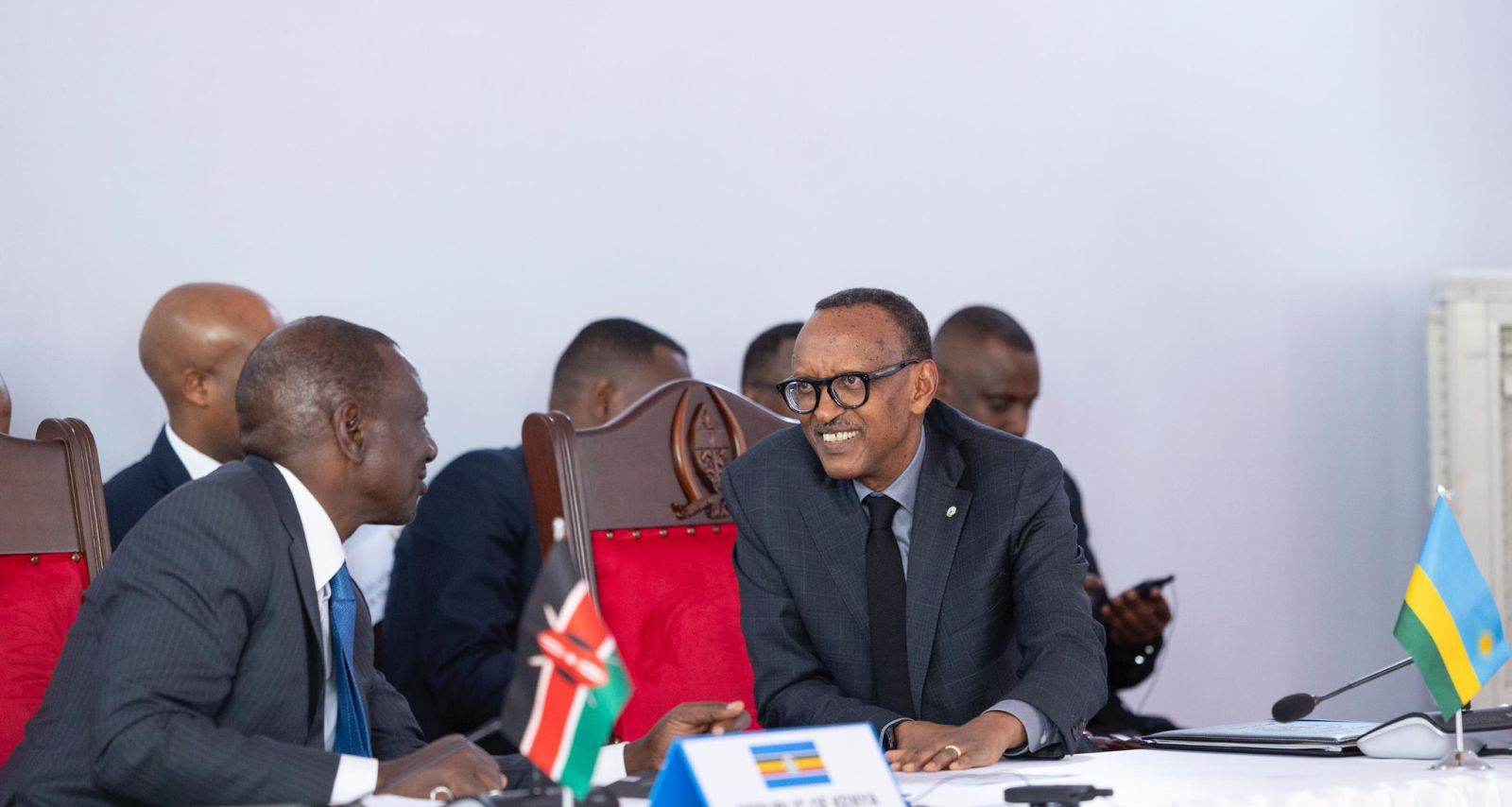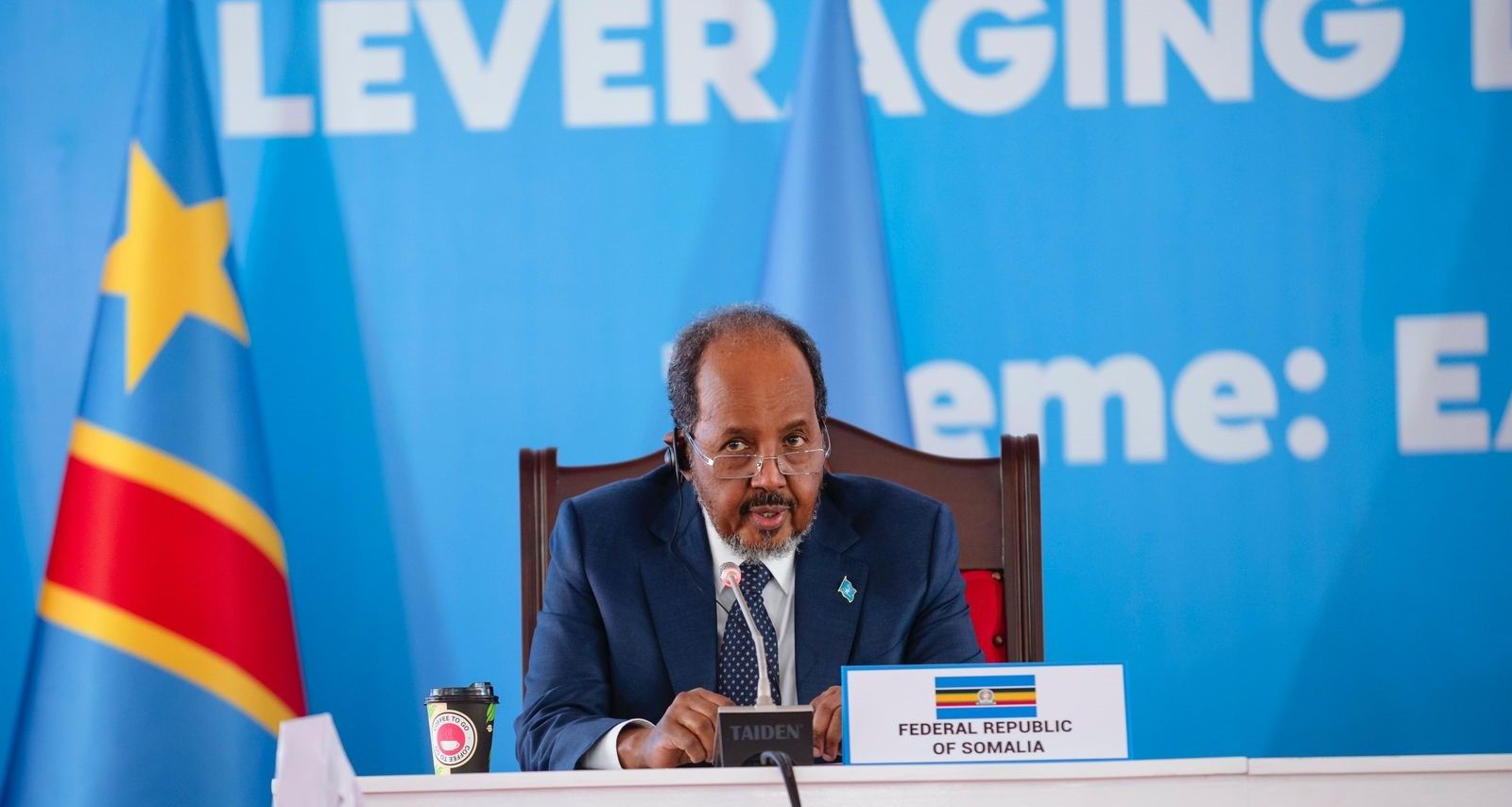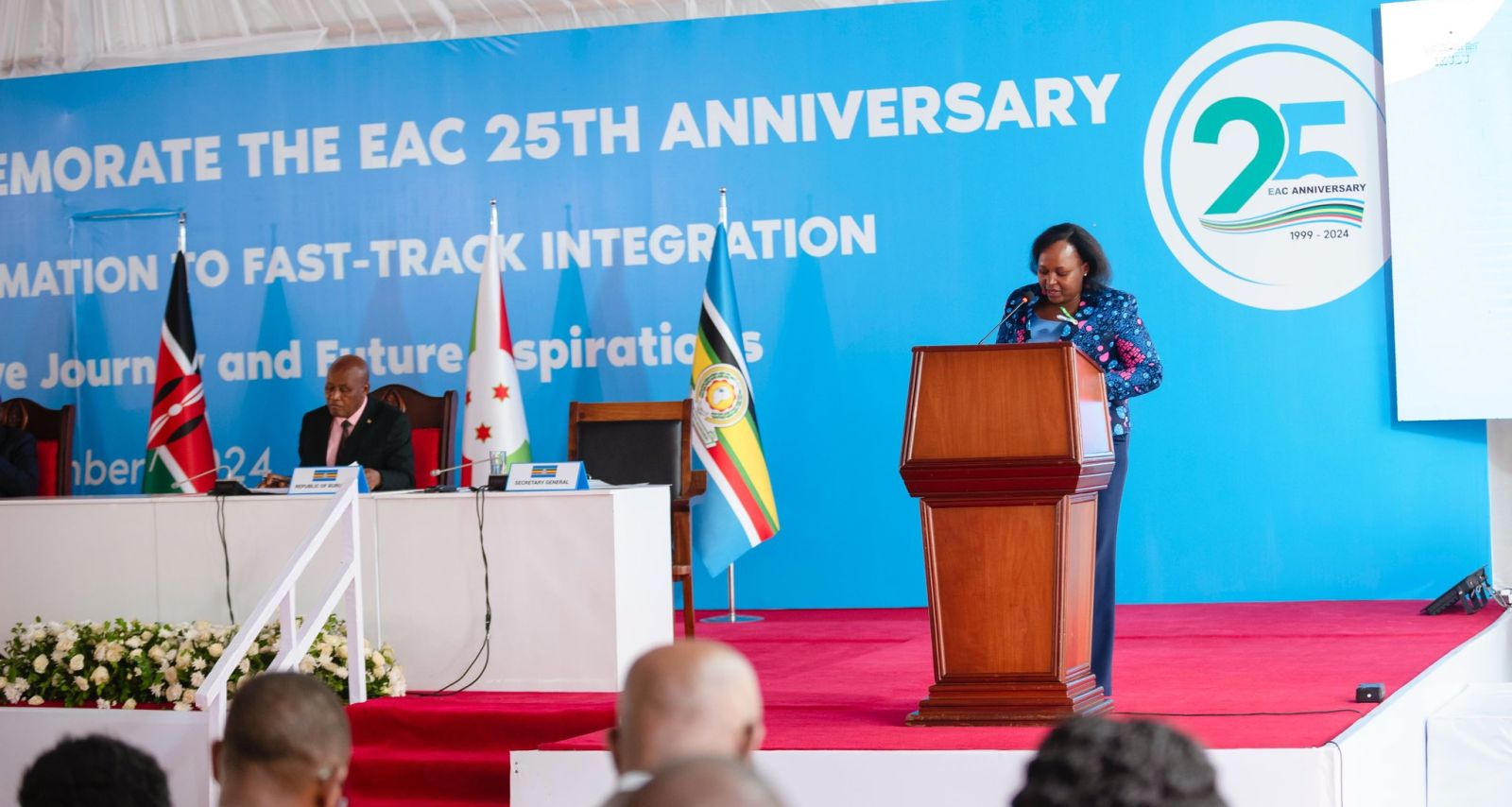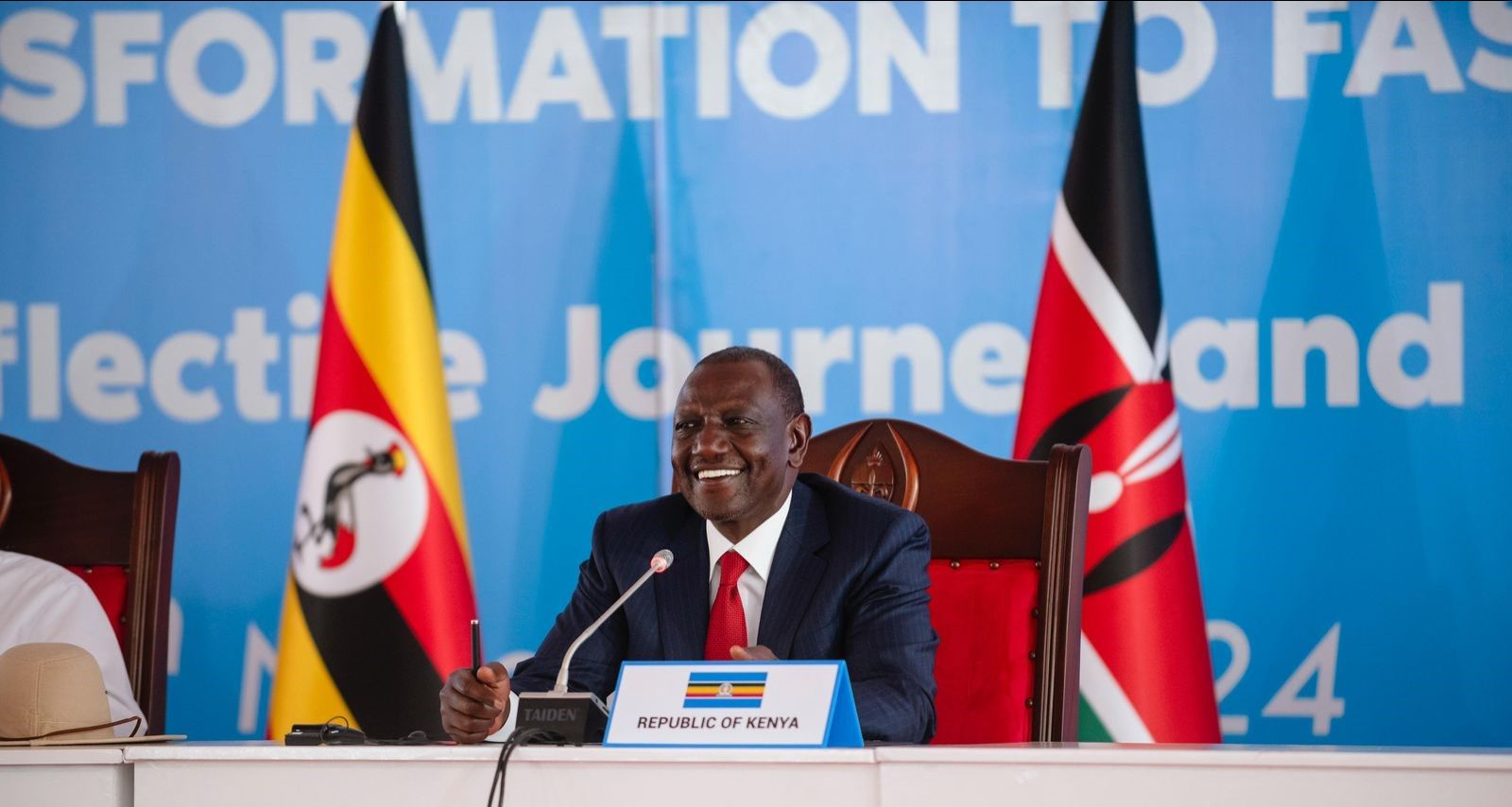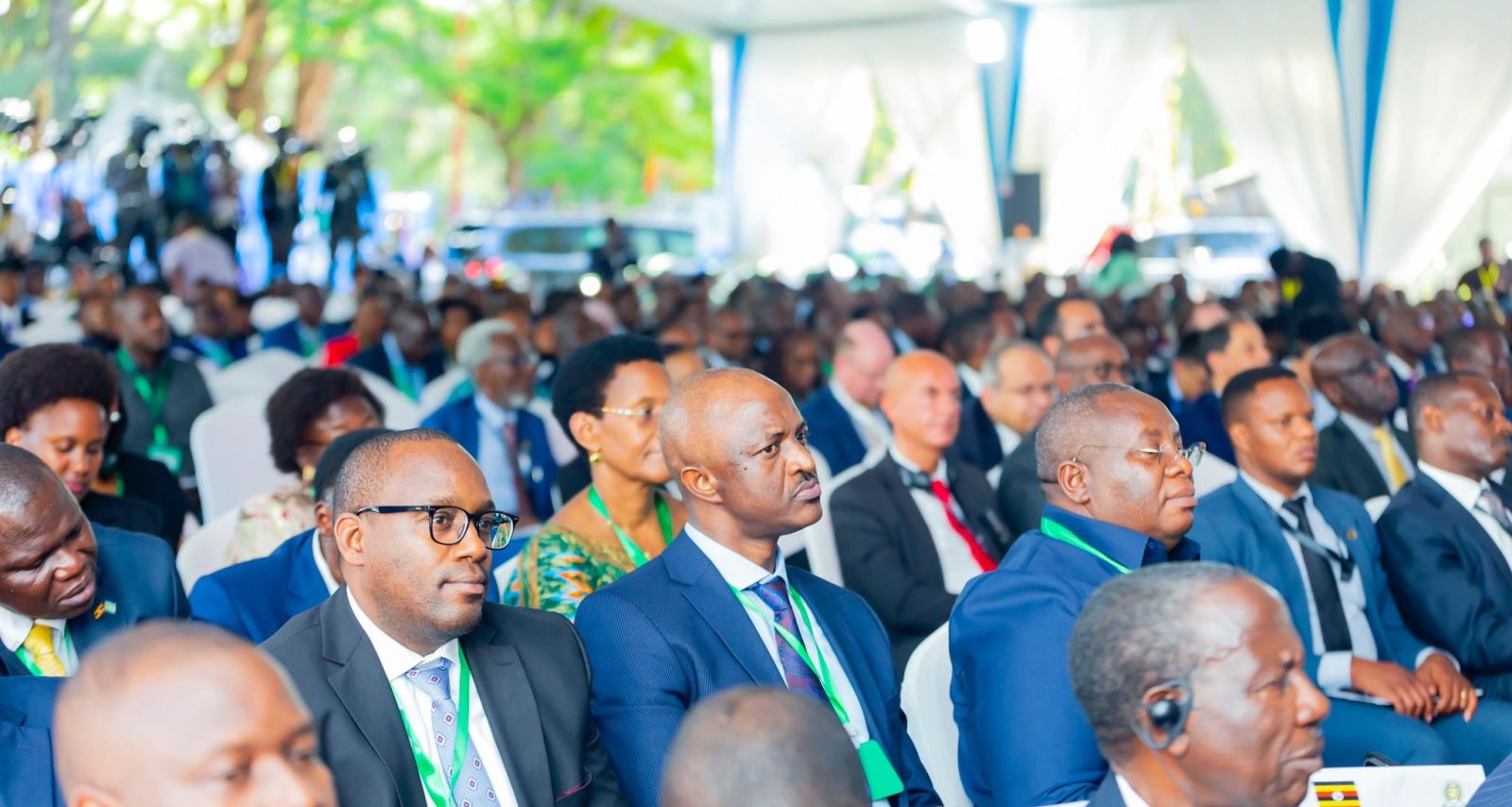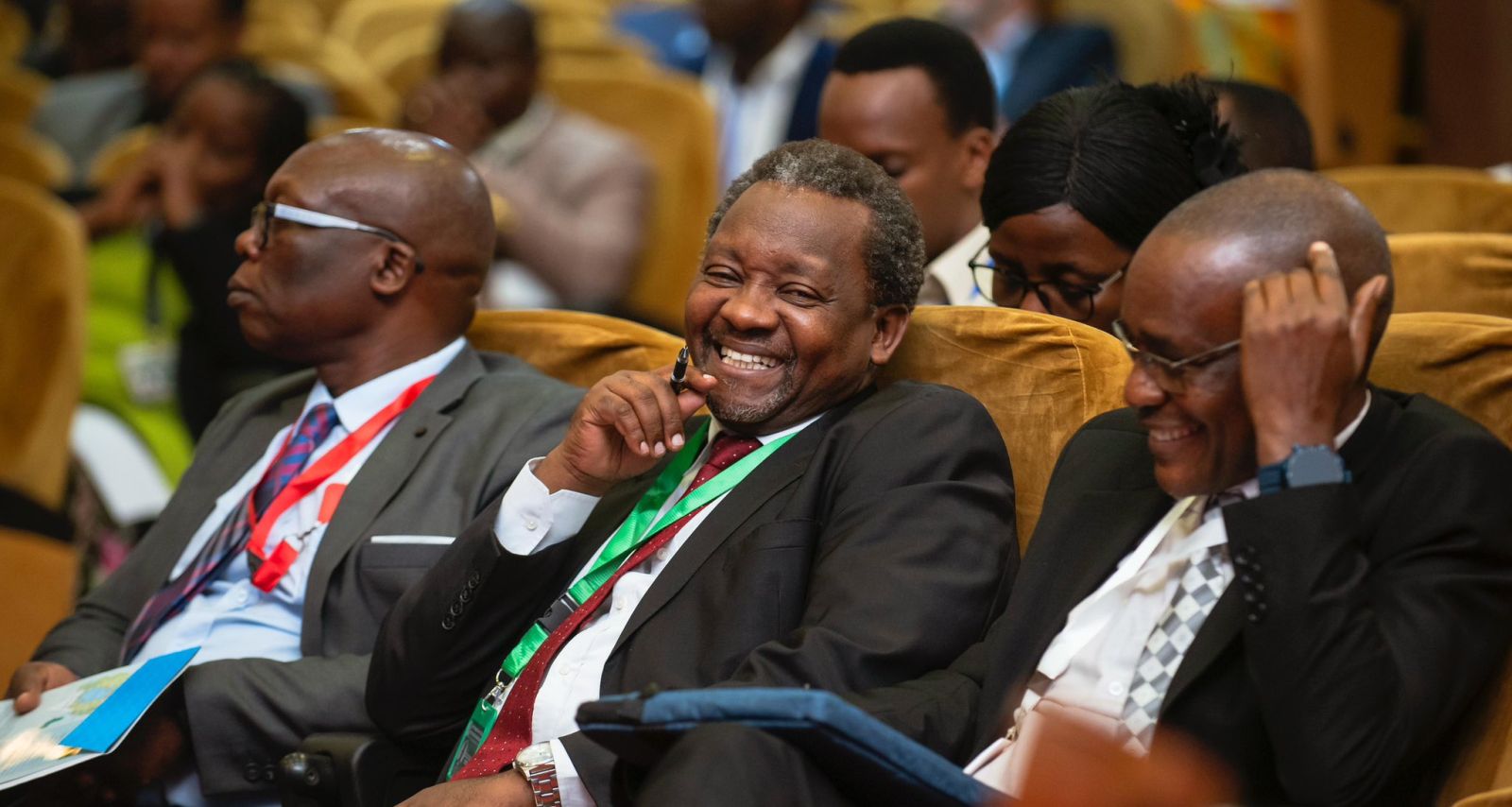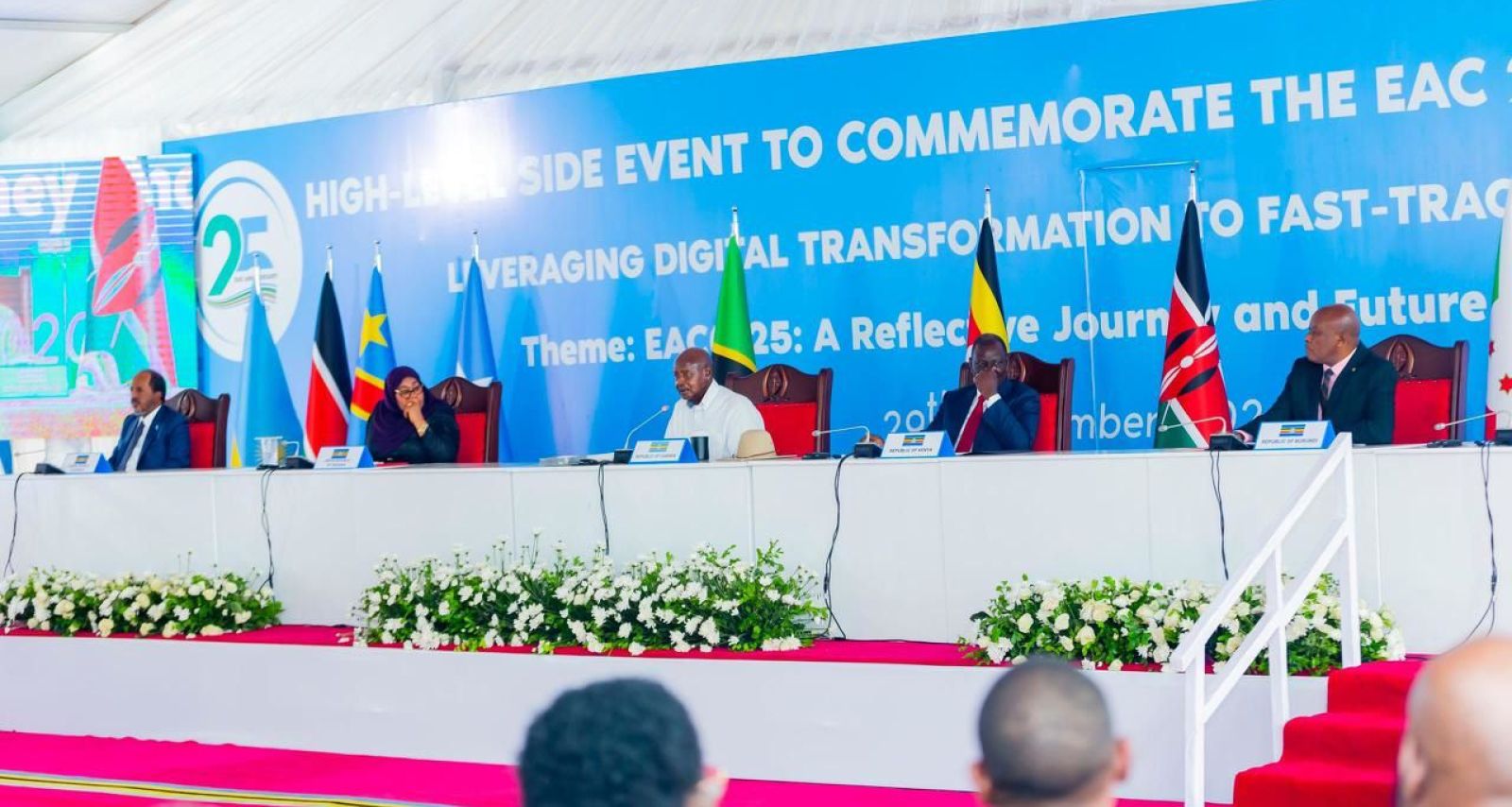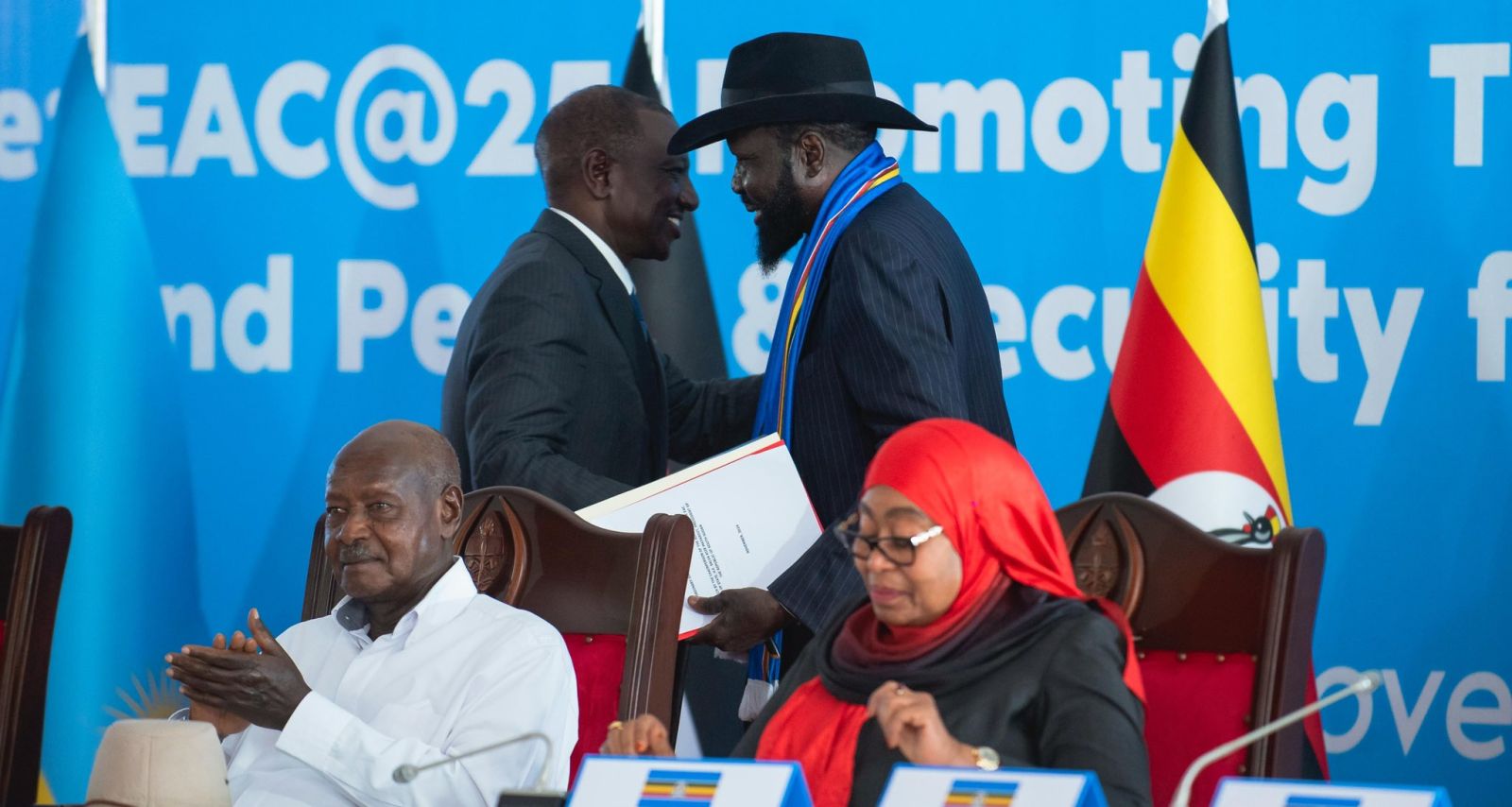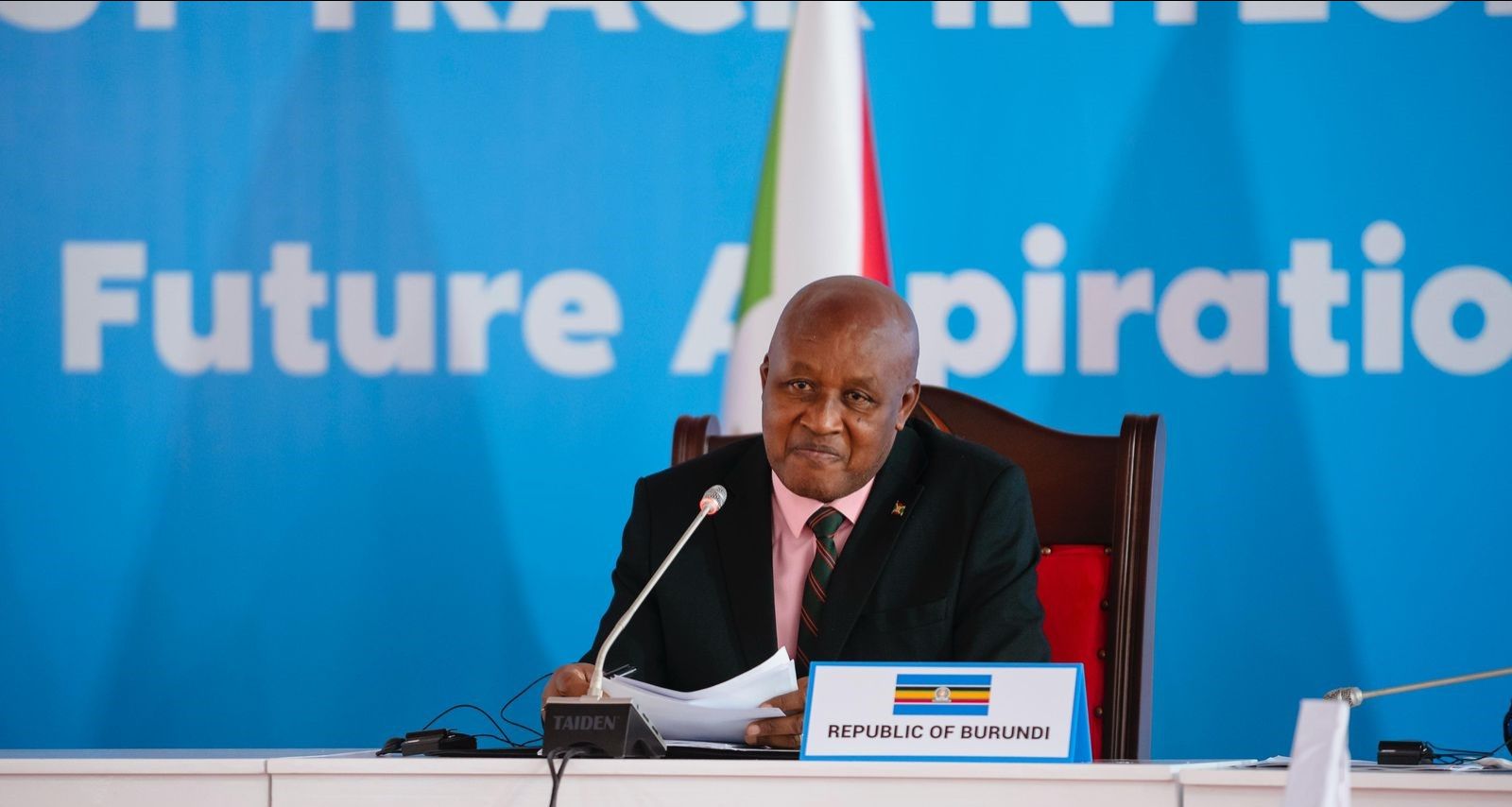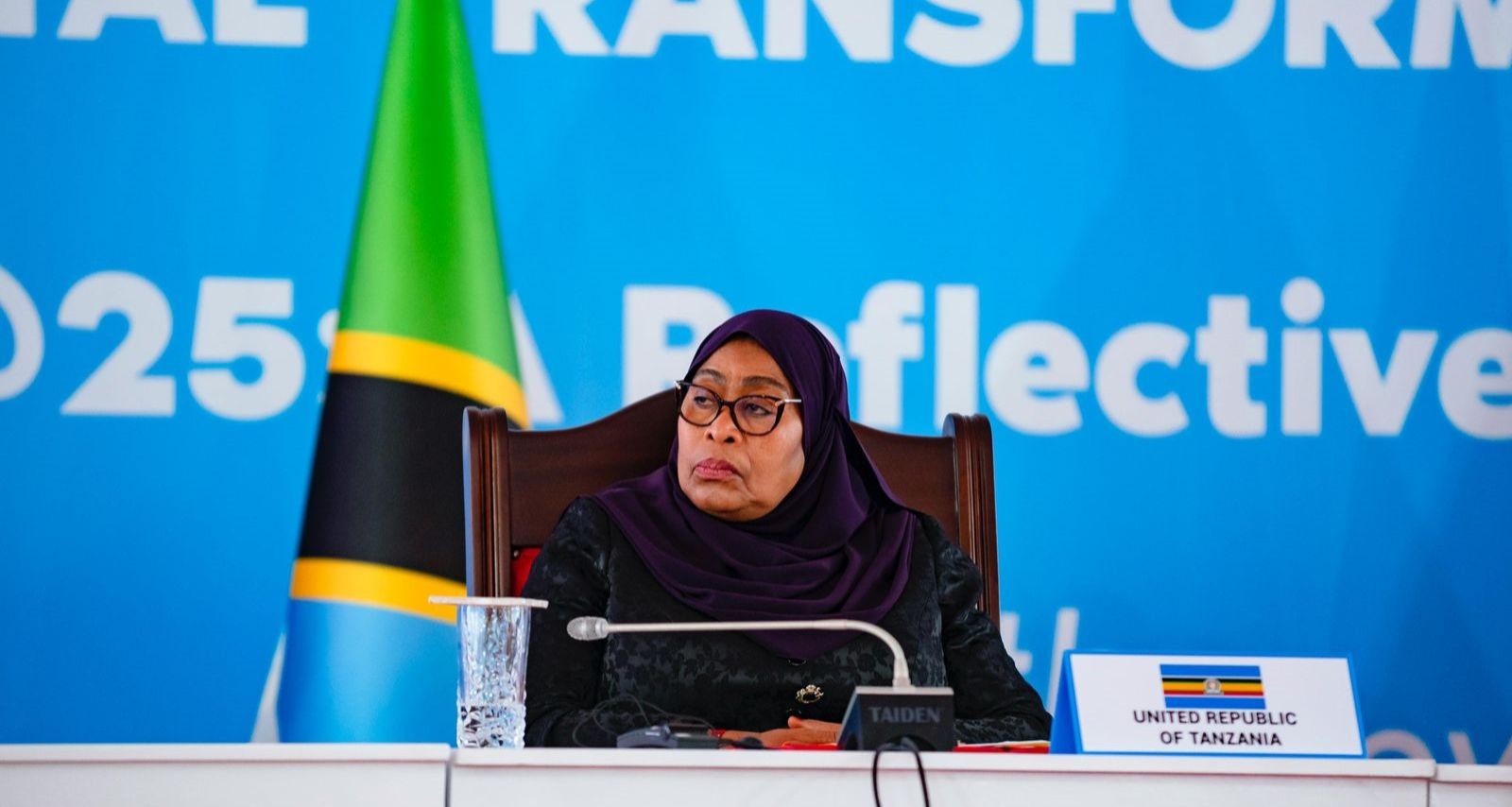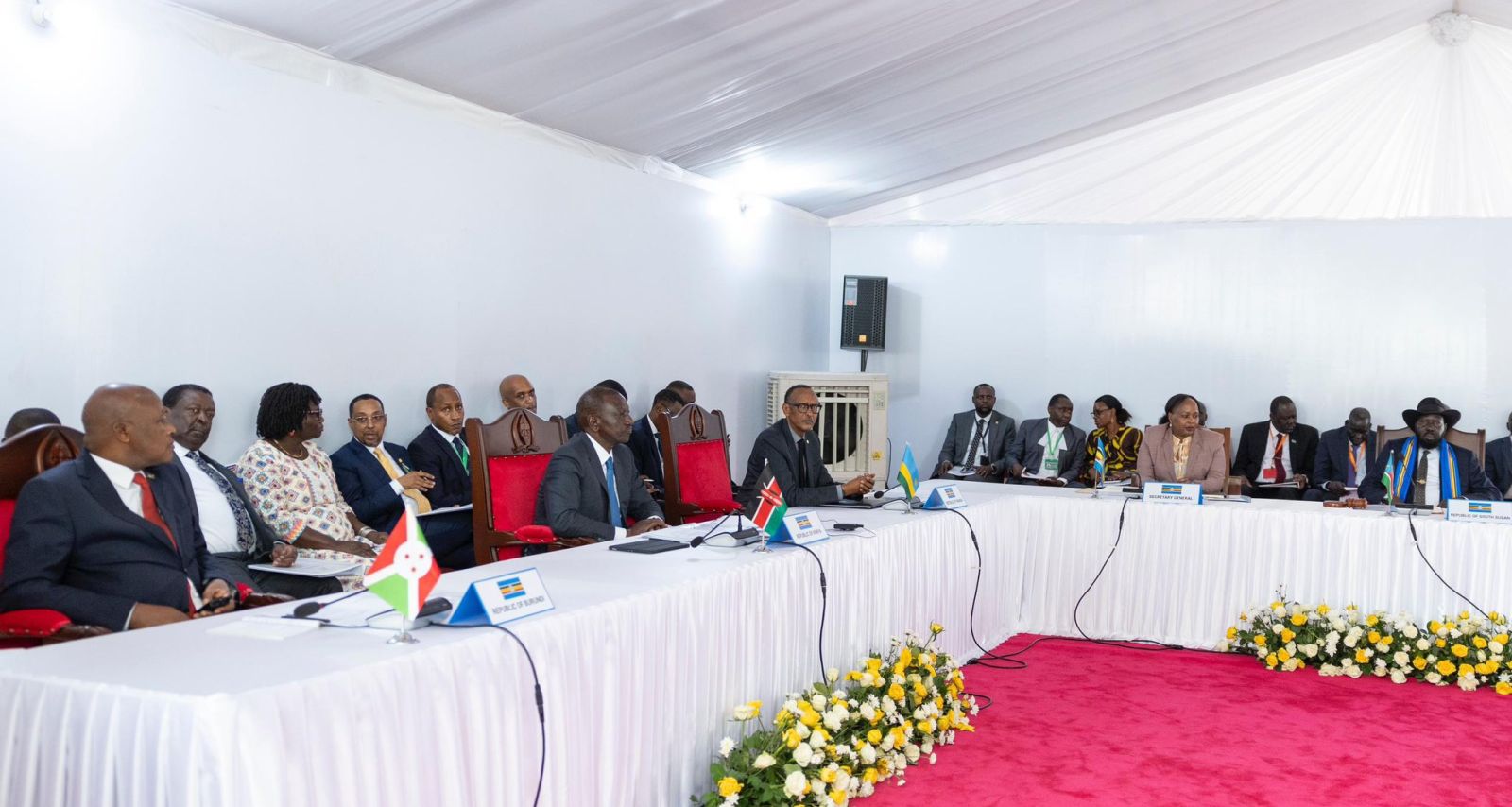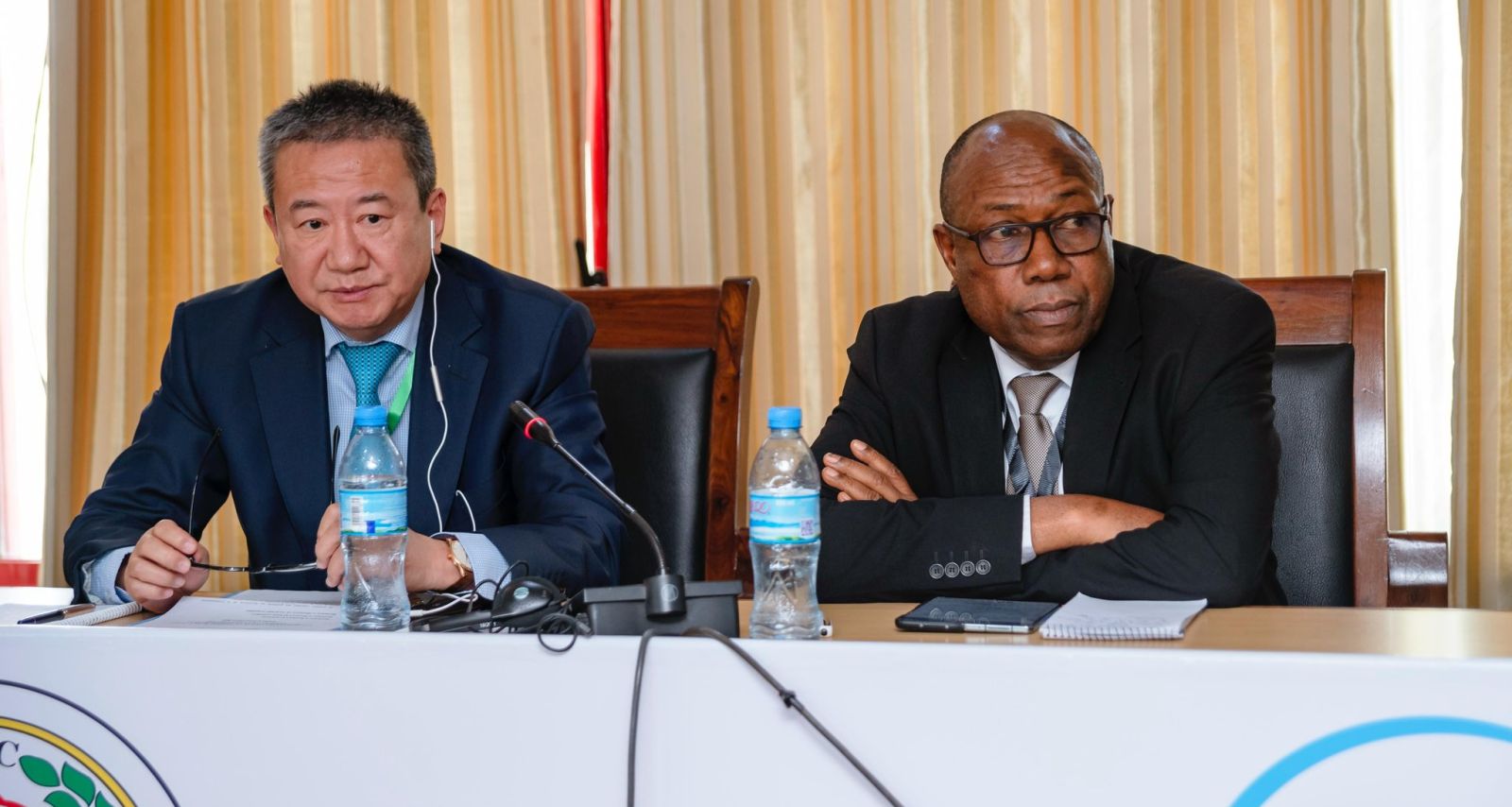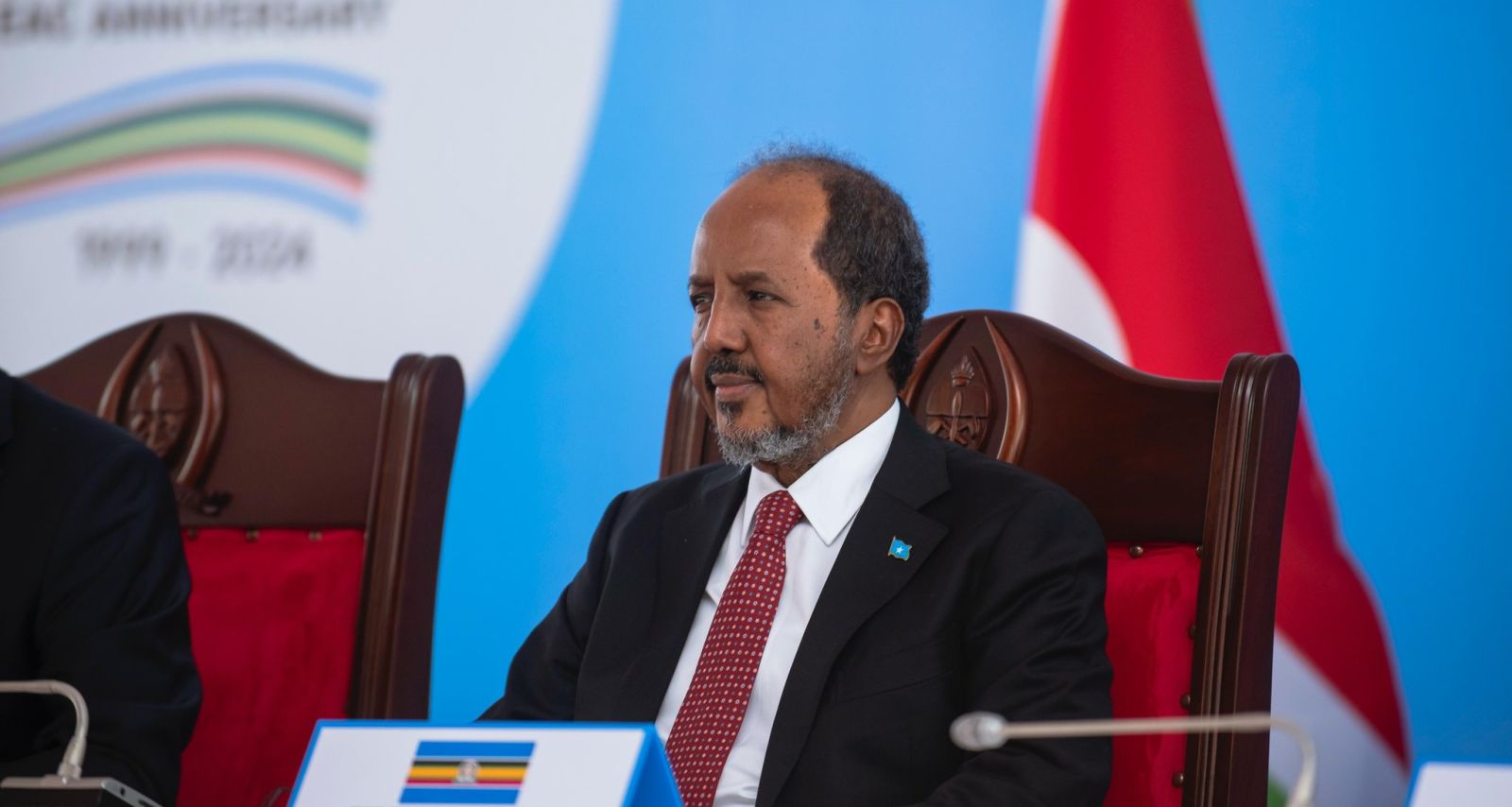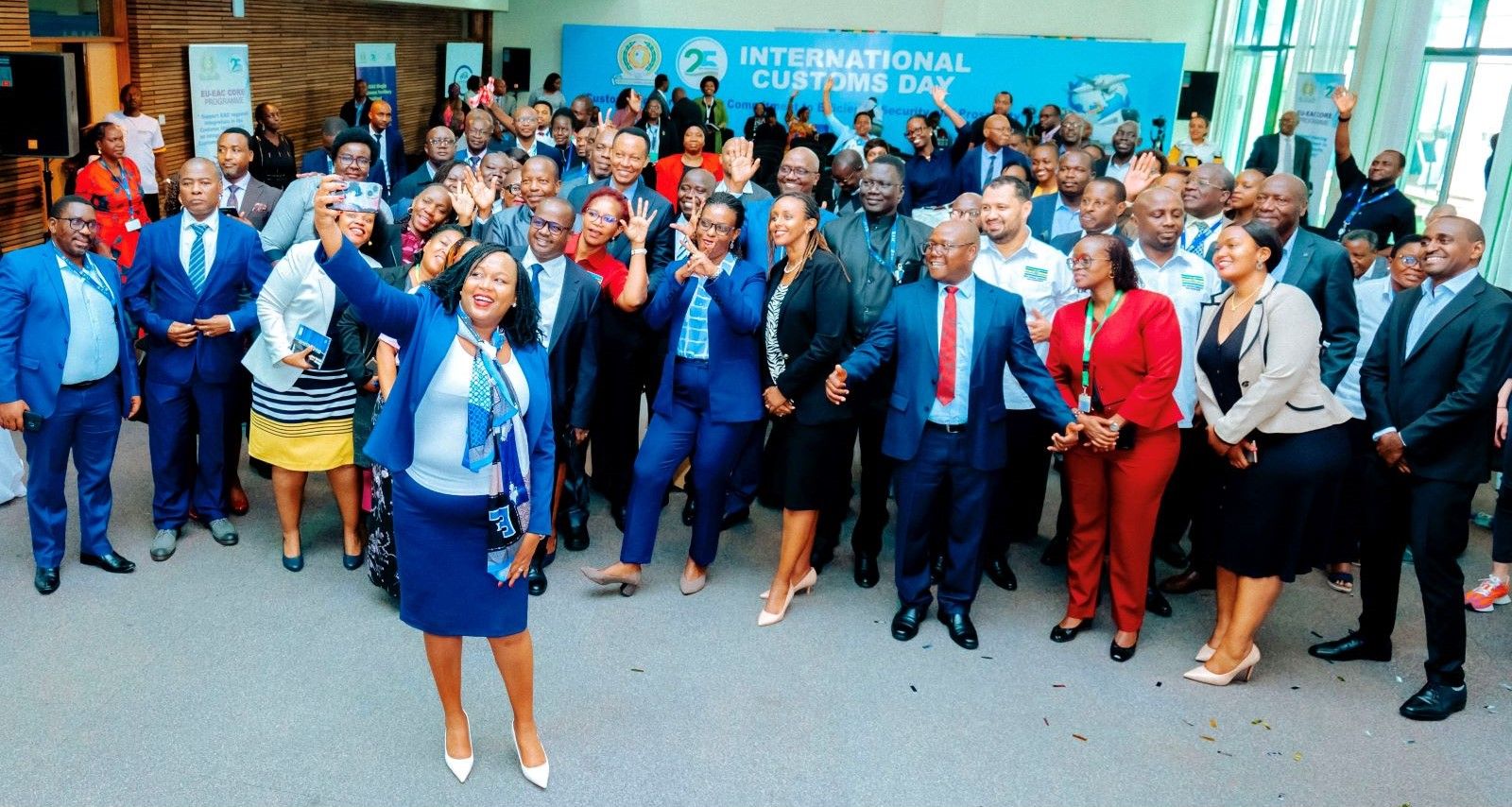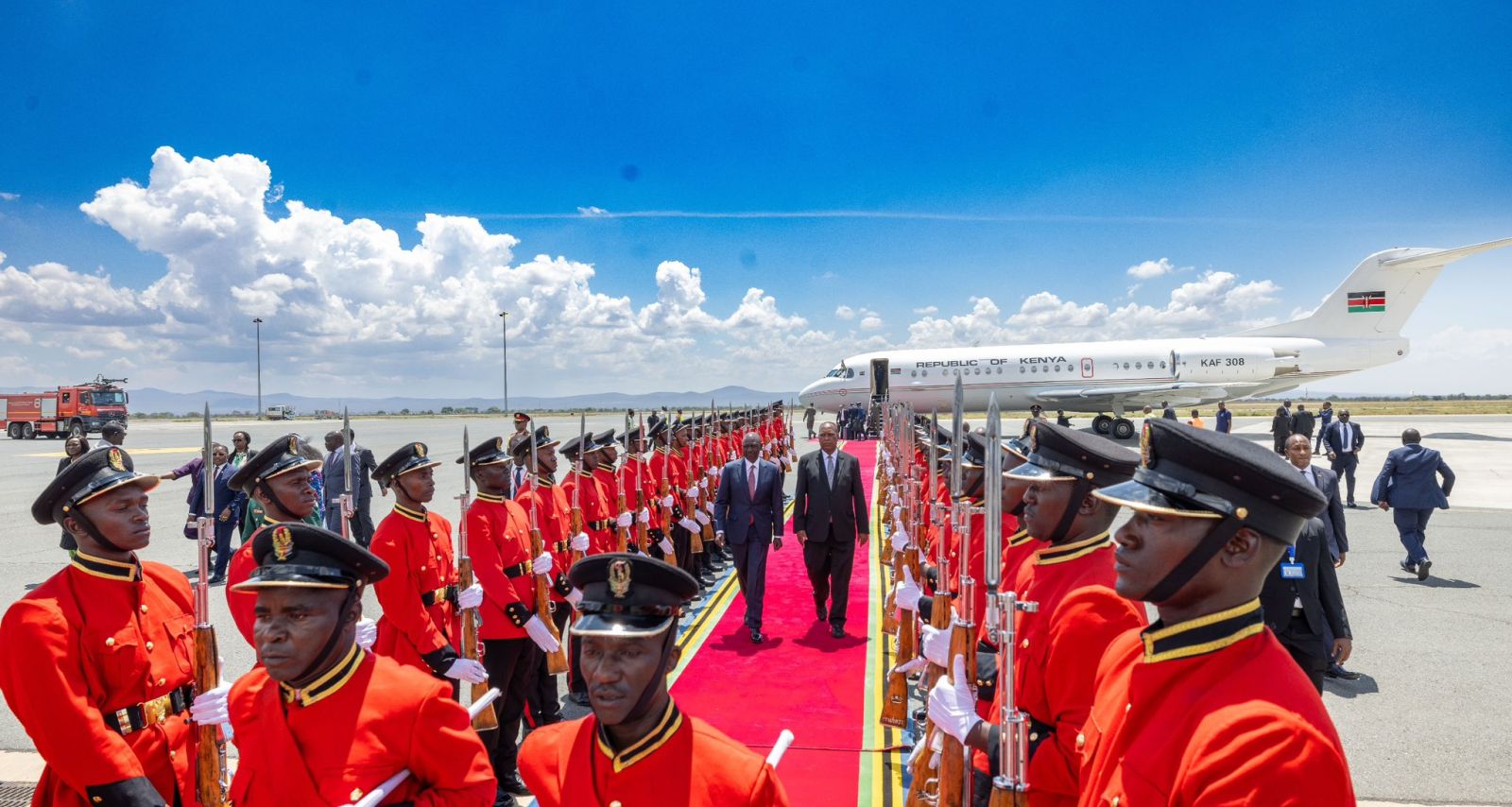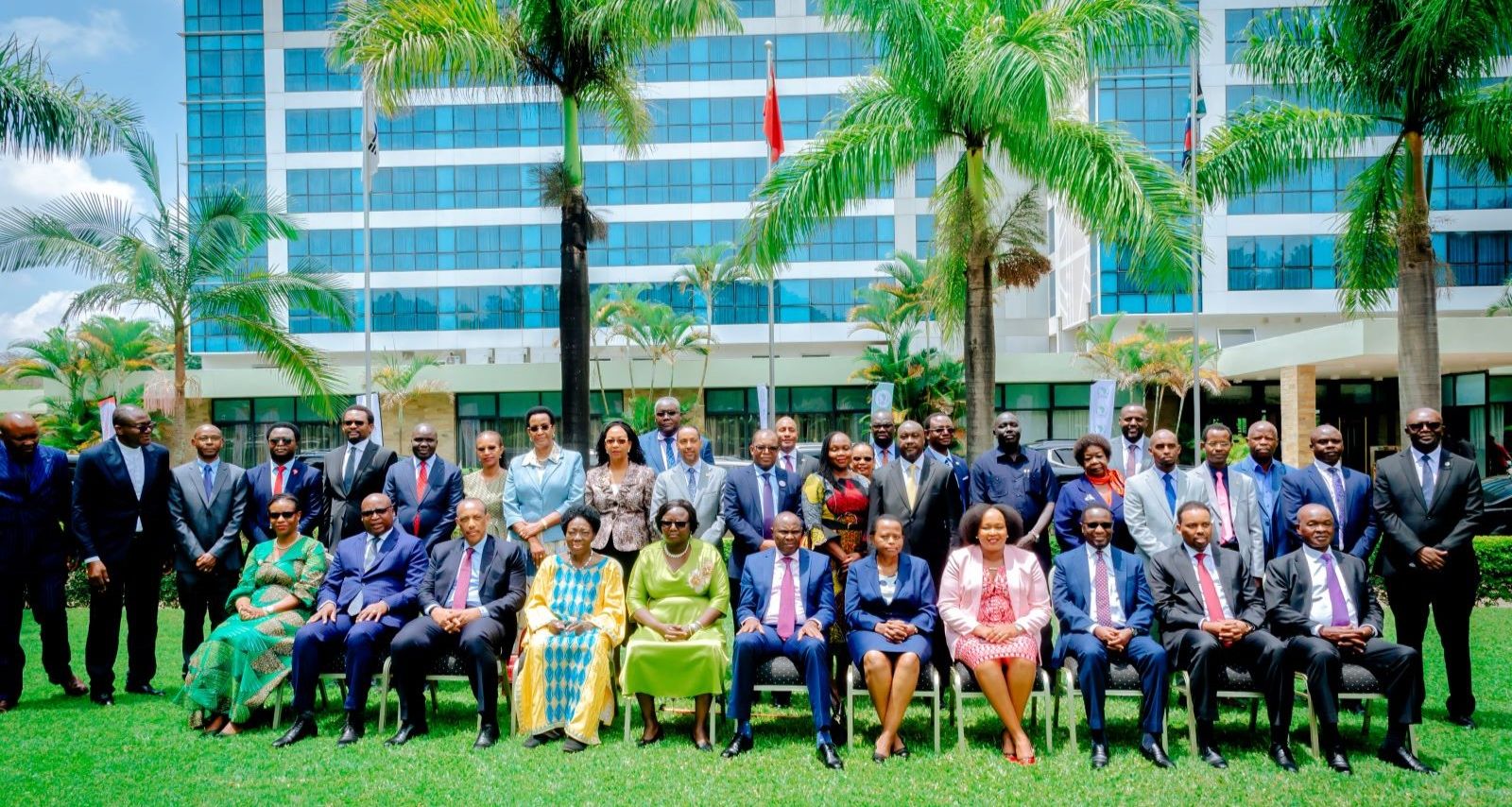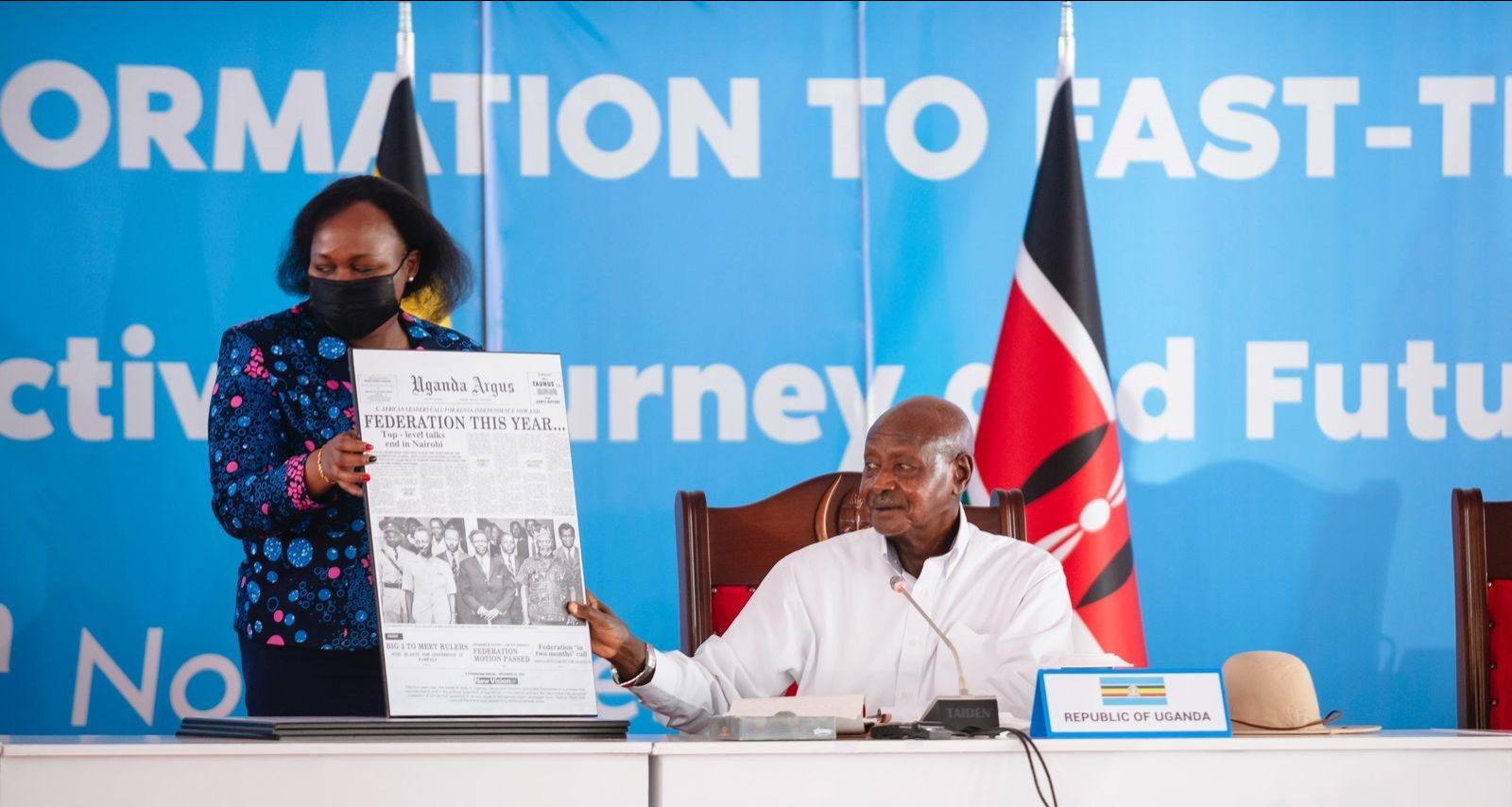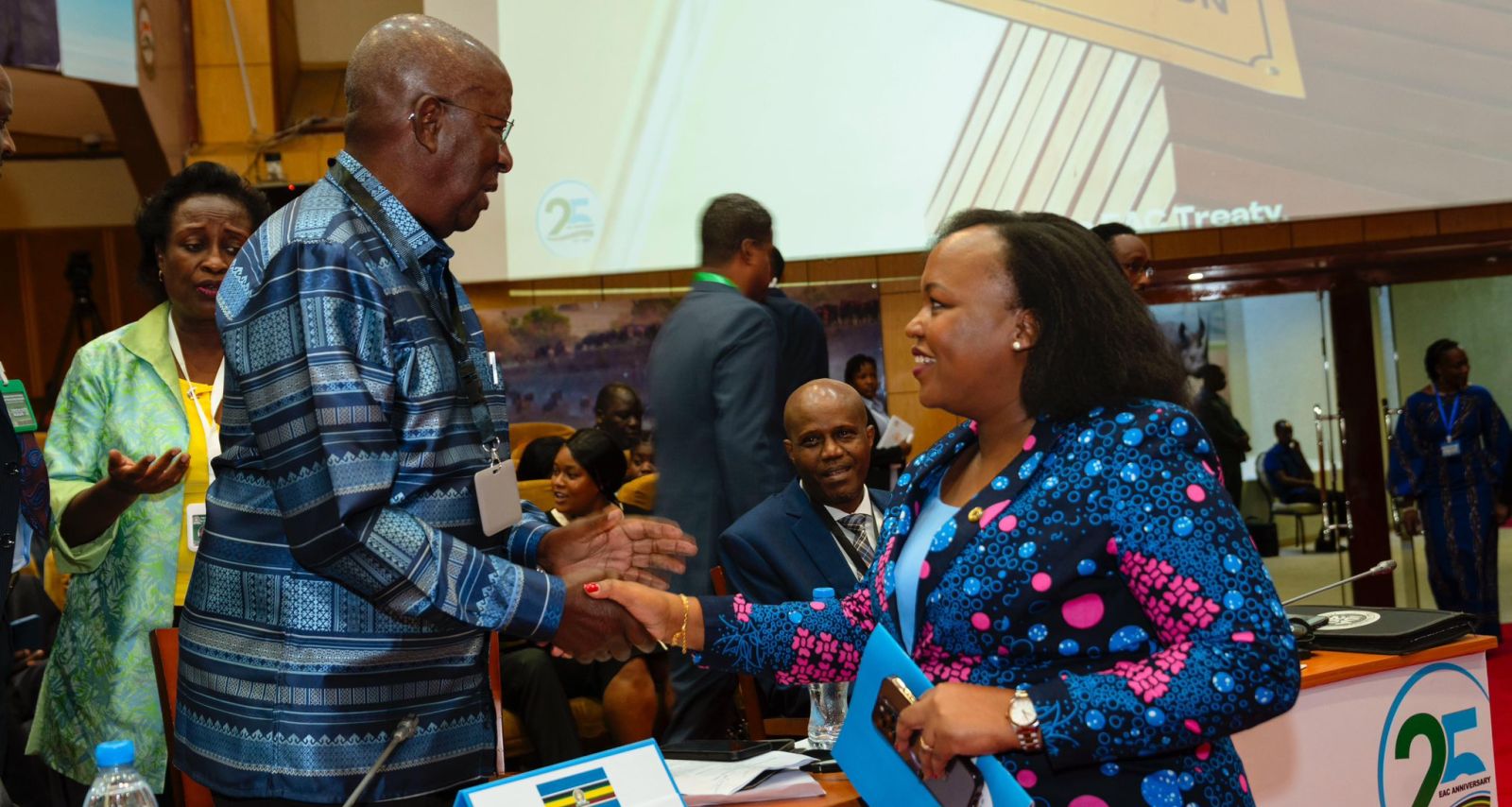Achievements of the EAC under the Monetary Union Pillar
The Monetary Union is the third pillar of the EAC integration agenda. The primary objective of the EAC Monetary Union is to create a single regional currency that will facilitate easier trade and economic integration among Partner States. By establishing a common currency, the EAC aims to reduce transaction costs, eliminate exchange rate fluctuations, and improve price stability across the region. This move is expected to enhance economic resilience, boost investor confidence, and foster cross-border trade and investments by creating a more predictable economic environment.
Building on the EAC Common Market, the Monetary Union seeks to promote the free movement of goods, services, and people, further advancing regional cohesion and fostering sustainable economic growth across East Africa.
To date, the EAC has made remarkable progress under the Monetary Union pillar since the signing of the EAC Monetary Union Protocol in 2013. This Protocol aims to establish a single currency for the region and enhance economic integration among Partner States. The following are key achievements over the past 25 years:
i. Signing of the EAC Monetary Union Protocol (2013):
The signing of the EAC Monetary Union Protocol in 2023 Laid the groundwork for the establishment of a monetary union, outlining the framework for the implementation of a single currency in the EAC.
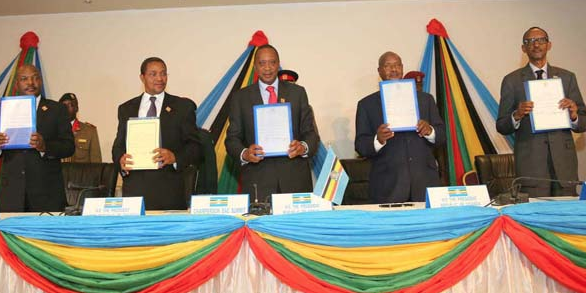
The EAC Heads of State display the Protocol for the Establishment of the East African Monetary Union on 30th November, 2013.
ii. Formation of the EAC Monetary Affairs Committee (2013):
The EAC Monetary Affairs Committee was established to oversee the implementation of the Monetary Union Protocol and ensure coordination of monetary policies among Partner States. One of its key achievements includes the successful coordination of monetary policies across the region, which has fostered macroeconomic stability and aligned financial regulations among Partner States.
The Committee has been instrumental in the preparation and implementation of the roadmap for the EAC single currency, conducting regular assessments to ensure that Partner States meet the necessary convergence criteria. Through capacity-building initiatives and stakeholder engagements, the Committee has strengthened the technical competencies of Partner States in monetary policy formulation, thereby laying a solid foundation for the eventual establishment of a fully integrated monetary union in the region.
iii. Establishment of Institutions to support the East African Monetary Union
The Council of Ministers approved the organisational structure for the East African Monetary Institute (EAMI) and initiated the administrative process for identifying the host Partner State for the EAMI.
The EAMI is a crucial institution within the EAC to facilitate the integration of monetary policies among Partner States as the region moves towards a Monetary Union. The EAMI is expected to played a pivotal role in coordinating efforts to create a stable macroeconomic environment conducive to regional economic integration. The Institute will be responsible for conducting research and providing technical support on monetary issues, overseeing the implementation of the EAC Monetary Union Protocol, and preparing the groundwork for the eventual establishment of a single currency.
The East African Legislative Assembly (EALA) has passed critical bills for the establishment of the EAC Bureau of Statistics, the East African Surveillance, Compliance and Enforcement Commission, and the East African Financial Services Commission, marking a significant step towards strengthening regional governance and economic oversight all in support on the Monetary Union. These institutions aim to provide comprehensive frameworks for statistical data management, compliance with financial and economic policies, and regulation of financial services across the region. The bills are currently awaiting assent by the EAC Heads of State.
iv. Implementation of Payment and Settlement Systems in the region
The implementation of payment and settlement systems in the region has enhanced the efficiency of cross-border transactions within the region. By streamlining payment processes, the regional payment systems allow for quicker and more efficient transactions between Partner States, fostering increased trade and economic collaboration. The Partner States’ Central Banks continue to implement secure, efficient, and reliable payment and settlement systems to ensure efficient flow of transactions within the region. The EAC Payment and Settlement Systems Integration Project (EAC-PSSIP) provides connectivity to all Partner States’ Central Banks by linking their real-time gross settlement systems (RTGS) to the East African Payment System (EAPS).
This integration has supported the growth of e-commerce by providing a dependable payment mechanism for online transactions, which encourages digital trade and entrepreneurship. Accompanied by capacity-building initiatives aimed at equipping financial institutions and stakeholders with essential skills.
v. Implementation of the Roadmap for the East African Monetary Union:
The EAC has continued to make progress in implementing the Roadmap for the East African Monetary Union (EAMU) as it advances toward the goal of achieving a single currency by 2031. This roadmap outlines essential milestones, including the establishment of key institutions such as the East African Monetary Institute (EAMI). The EAC has also prioritized the harmonization of fiscal policies, inflation control measures, and financial sector regulations to ensure macroeconomic stability and coherence among its Partner States.
These achievements underscore the EAC's commitment to fostering economic integration and stability within the region, paving the way for a successful monetary union that will benefit all member states.

